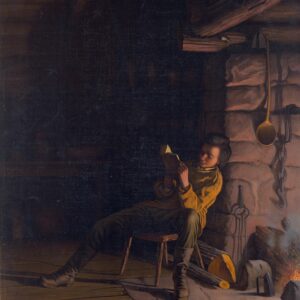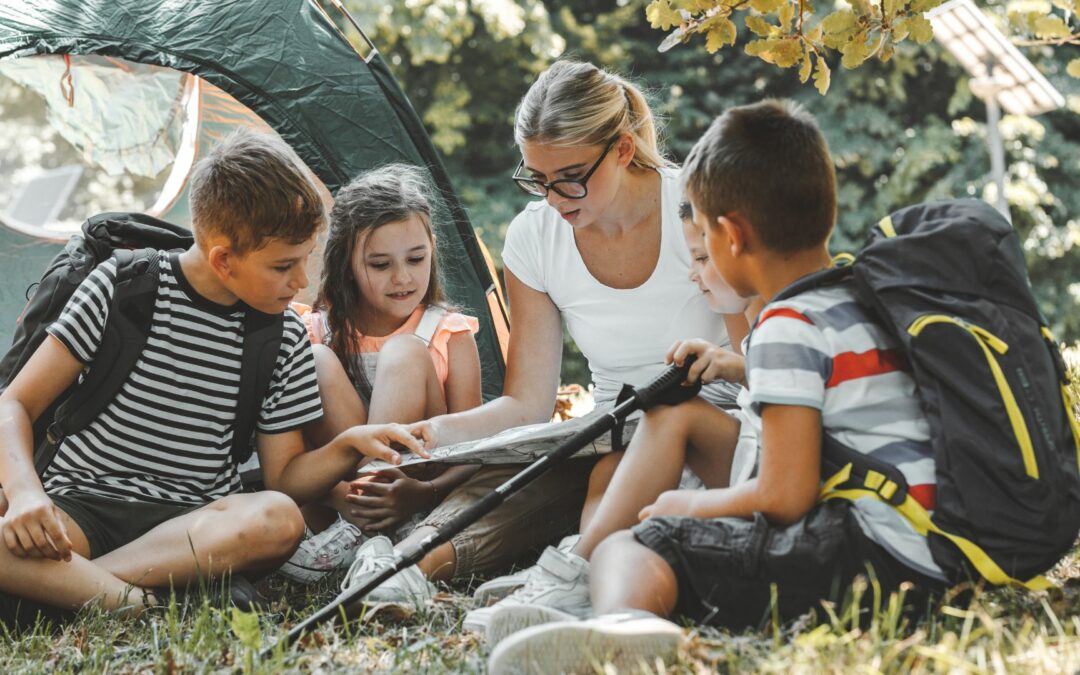Introduction to Unschooling
What is unschooling and is it a good fit for my family?
Your Unique Homeschool
The core principle of homeschooling is its variability—the ability of parents to customize an educational approach suited to the needs of their particular children. This is the primary reason people choose to homeschool. This means there are many different ways to homeschool effectively. Some families connect with local homeschoolers for living room co-ops. Others rely on hybrid or home study schools. Some make liberal use of online education while others prefer a more traditional book-and-paper approach. You get the point; homeschooling is all about customization, and the ways you can customize are almost unlimited!
But what about the most basic framework we’ve come to associate with education? Things like classes, homework, and grades? Are these subject to customization as well? Like everything else, the answer is yes. This is where we wade into the territory of unschooling.
Defining Unschooling
There are many ways to define unschooling, but the basic principle is that unschooling is education outside of a formal structure. So, typically there are no fixed classes, study periods, routine homework, nor curriculum—at least as these things are traditionally understood. Instead of a curriculum imposed from without, unschooling focuses on learner-chosen activities as the primary vehicle of education. There is a greater emphasis on connecting education with natural life experiences: travel, books, household chores, play, work, reading, and a child’s own natural curiosity. Unschooling works from the principle that life itself is educational, stressing the connection between life experience and education.
Just because unschooling does not rely exclusively on curricula or classes, doesn’t mean these things can’t be utilized. Textbooks or online classes might still be used when they are chosen by the student or used as a supplement to live lessons. An unschooling student may consult a textbook if he is curious or needs to find some specific information, but his education is not bound to that textbook. A child may take a co-op or online class if she wants outside instruction on a subject, but the class is not integral to her studies; she may discard it if it is not fruitful. It is a very eclectic approach, using a variety of resources but in a non-structural way.
Unschooling Critics
Unschooling can be controversial. Its merits are sometimes fiercely debated amongst homeschoolers. Critics of unschooling fear that its “laid back” approach leaves children neglected in important aspects of their development. And, to address the elephant in the room, yes, there are people who use unschooling as an excuse to simply neglect their children’s education entirely. Wherever human nature exists, you will find duplicitous, negligent, or just plain lazy people ready to exploit something for their own perverse reasons. Bad things can happen anywhere, whether home, church, or school. No path in life is without its dangers and its challenges. Hopefully, as homeschoolers and Catholics, we have learned that we can’t define the soundness of an idea by those few who pervert it.
Unschoolers argue that a child-led approach is actually better, as the non-formal environment is a more natural atmosphere for learning. They argue that it resonates more with a child’s innate curiosity, the delight that children take in learning new things, and the way most human beings have learned throughout history.

Abraham Lincoln
A classic example of an unschooling education was that of Abraham Lincoln. Most of us know the story of Lincoln’s frontier upbringing and how he did not have regular access to a structured education. Lincoln borrowed books on subjects he found interesting and read them in his spare time. He attended school sometimes, and sometimes he did not. His knowledge came partially from books, but just as equally from his experiences listening to adult conversations, working the land with his father, traveling, and working odd jobs around his town. The diversity of Lincoln’s educational experiences—almost all of which were self-initiated—contributed to his maturation as not only a man of great knowledge, but with a deep understanding of people and their motivations.
We will be featuring a few more articles over the school year on different aspects of unschooling, so if this is a subject that interests you, stay tuned! Until then, have any of you out there had any experiences with unschooling? If so, tell us about it in the comments!
If you’re looking for support in your Catholic unschooling efforts, here are more resources from Homeschool Connections for you to explore…
How to Use Homeschool Connections Classes for Unschoolers and Relaxed Homeschoolers (Video)
Homeschooling Saints Podcast episode on Catholic unschooling (Audio)
What the Rest of Us Can Learn from Unschoolers (Blog Article)
Record Keeping for Eclectic Homeschoolers and Unschoolers (Blog Article)
Homeschooling Kindergarten? (Blog Article)






